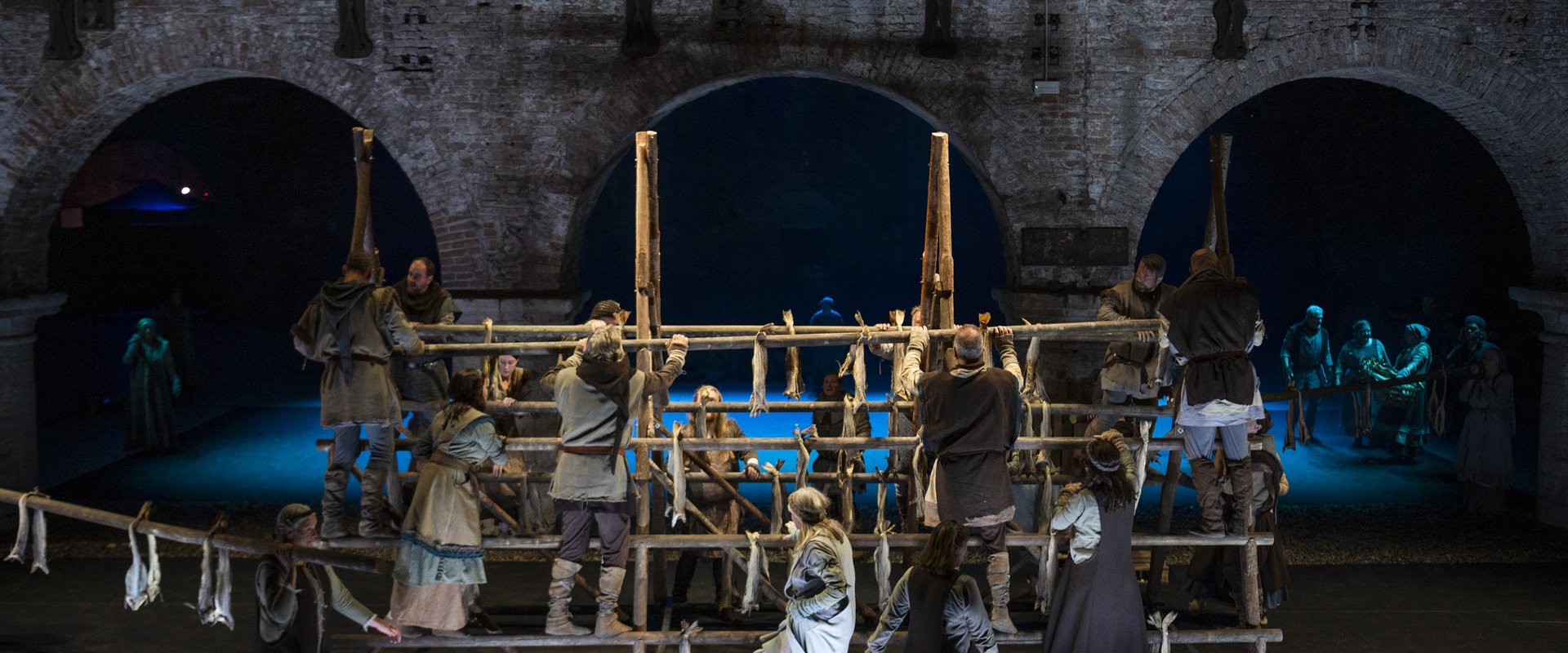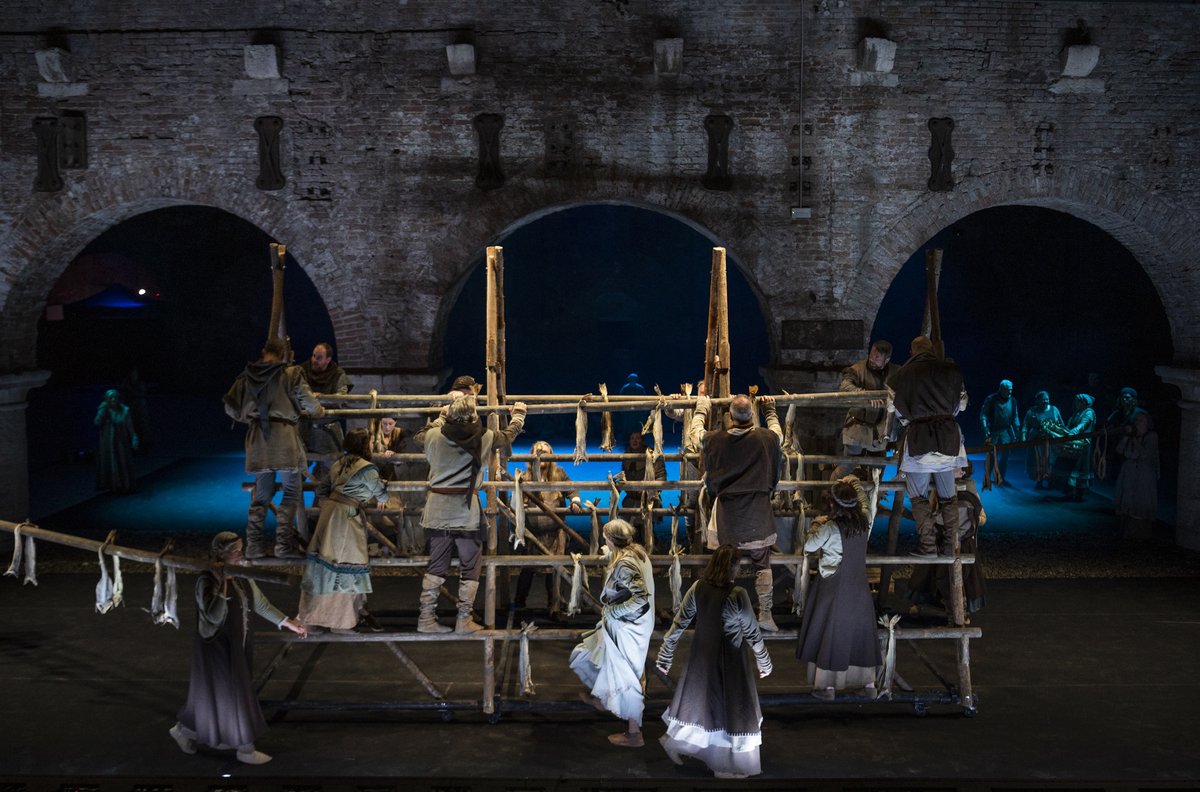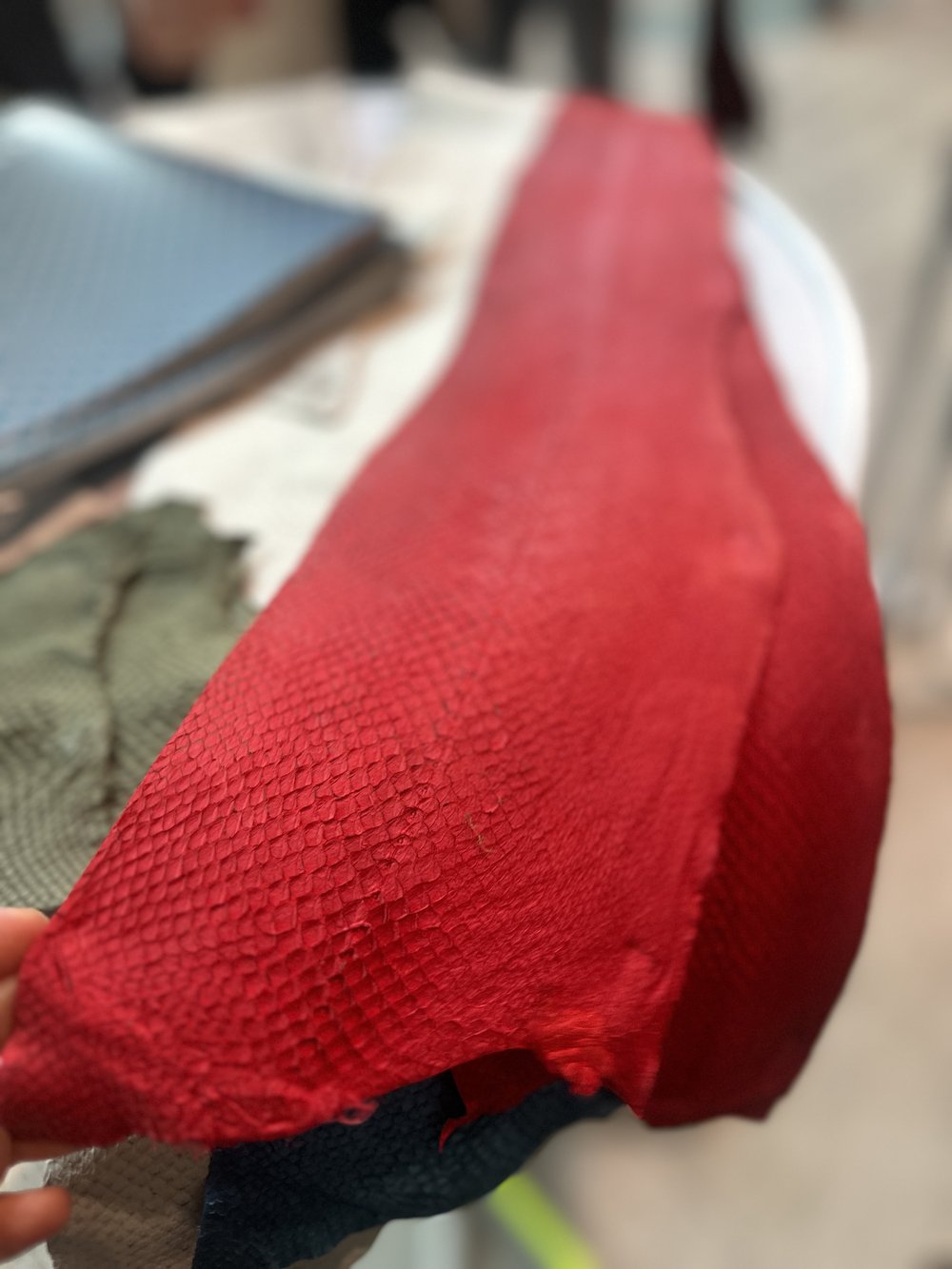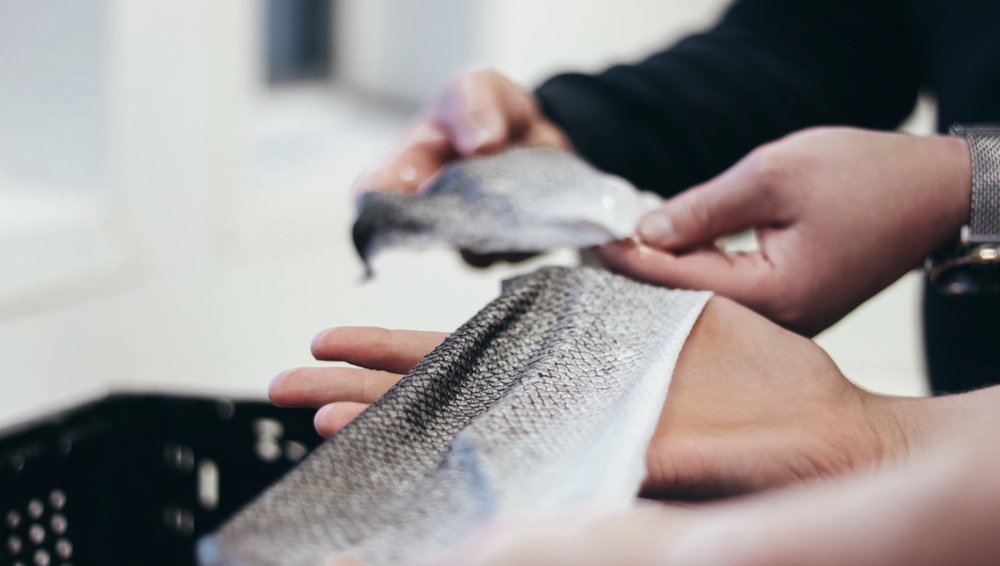Querini Opera: Premiering in Venice, a Culinary Voyage from Shipwreck to Symphony in the Nordic World

In 1431, a Venetian patrician and merchant named Pietro Querini embarked on an extraordinary sea voyage. Following a shipwreck, he and 16 crew members found themselves stranded on Sandøya, an island in the Lofoten archipelago, beyond the polar circle. Rescued by fishermen on the island of Røst, Querini was exposed to the community's traditions and discovered 'stokkfisk,' or air-dried fish, known as 'baccalà' in Veneto. This event profoundly impacted Querini, leading to the introduction of stockfish from Arctic Norway to Italy, where it became a culinary treasure symbolizing the centuries-old bond between Italy and Norway.
Querini's adventure is documented in his report and ship officers' accounts, providing fascinating insights into the encounter between Venetian and Norwegian cultures during this extraordinary journey.
Born in Røst, opera singer Hildegunn Pettersen envisioned turning Querini's story into an opera performed on the actual location of the events. According to a review by the Financial Times, the Querini Opera was described as the most moving work of music theatre ever to be written about dried fish.
The Italian premiere took place this October in Venice, at the corner of the city where Querini’s ship was built. The event was part of Bodø2024, during which the Nordland county capital will become the European Capital of Culture in 2024
During the 3-day events, each one concluding with the opera spectacle, the Arsenale became a playground for inspirational talks, presentations, showcooking, and art installations celebrating the connections between Venice and Lofoten, rooted in Pietro Querini's incredible story.

Querini Opera
Seaweed, just like stockfish, has a long tradition in the Norwegian diet, dating back to the Viking age. Lofted Seaweed is one of the innovative companies presented during the Querini celebration. Established in 2016, aims to revive the Lofoten tradition of incorporating seaweed into the modern kitchen, to give everyone access to seaweed and to revive this Lofoten tradition, introduce more seaweed into their diets, from the ocean to the table.
Coming from two different cultures – northern Norwegian and Japanese – Angelita Eriksen and Tamara Singer have unique backgrounds. Angelita grew up cutting cod tongues and baiting long lines for her fisherman father in the village of Napp. Tamara, on the other hand, grew up in New Zealand, where her Japanese mother used seaweed in almost every meal. One of the unique features is that Lofted Seaweed conducts their harvesting by hand during the peak of the growing season, allowing the seaweed ample time to reproduce and grow to a healthy length. Nowadays, the company has launched a range of seaweed seasonings available online for everyday meals, and proudly supplies Michelin-starred Restaurant Ceto.


One more company presented at the Arsenale was Norskin. Their innovation lies in offering an alternative to traditional cow’s leather by procuring, sorting, and pre-treating salmon skin from Northern Norway. The innovative idea is traced back to the century-old tradition of 1432 when the survived Pietro Querini mentioned in his journal that the skin from big fish was used to cover the houses during severe cold months.
Norskin's technology allows for the prolongation of the lifecycle of salmon and addresses the problem of waste. The company explores the full potential of fish skins and is currently working on using gelatin from fish shells for the production of bioplastics for food packaging applications.


Norskin
